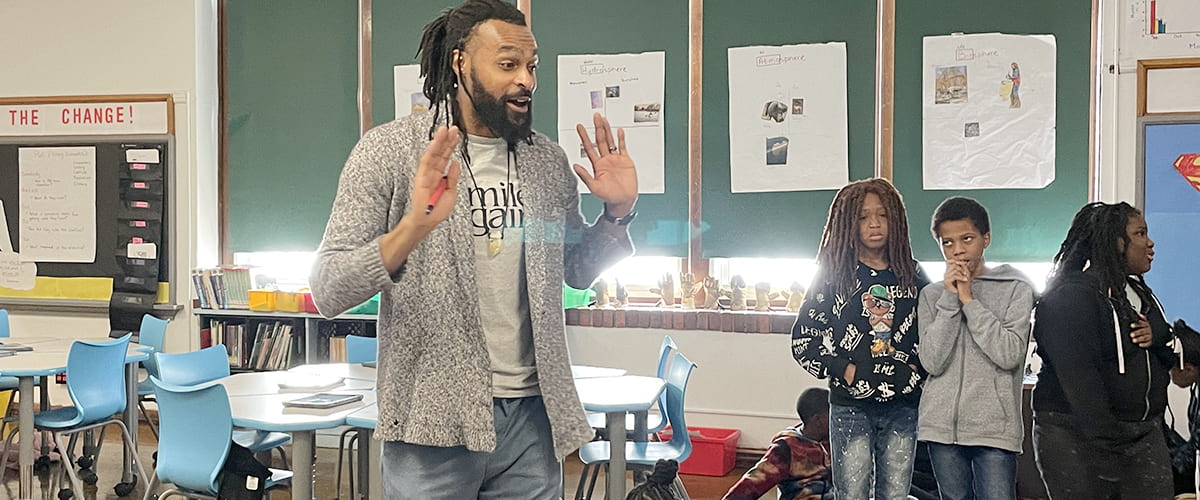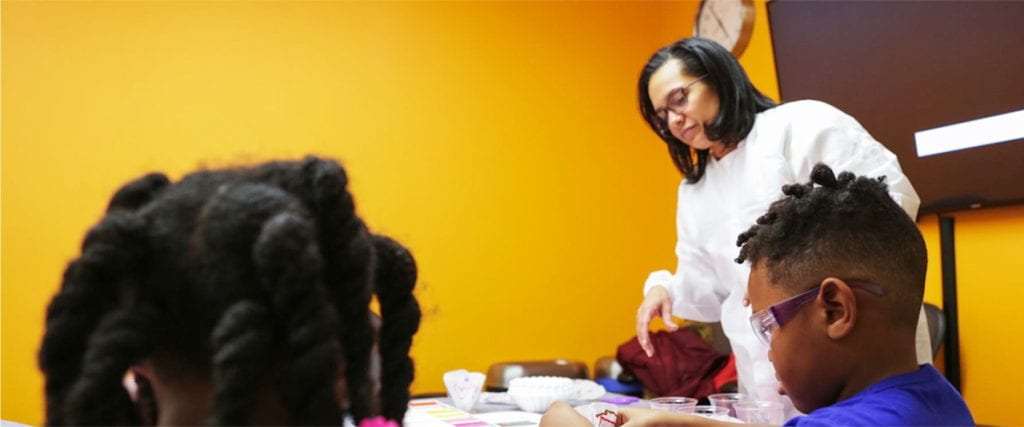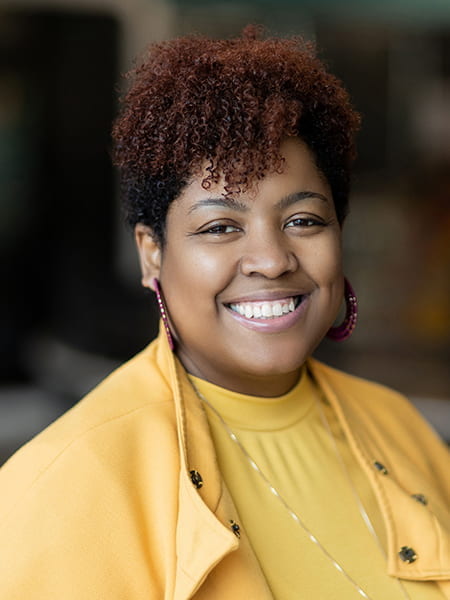
Viable solutions to inequities are best found with a knowing before doing stance
The gap in access to STEM education and careers is often talked about in terms of who.
Who is taught and affirmed around their STEM learning capabilities? When responding to this question, we usually reference girls, Black students and populations of students named as Students of Color. Who then do speak about when we think about the jobs attained in STEM fields and moreover, who stays in those fields long-term? Again, in this case, we are often naming the people groups who are underrepresented and most impacted by the inequitable education practices, policies and circumstances that lead to said underrepresentation.
Given the entrenchment of equity related issues, both in STEM education and the workforce, naming and analyzing what causes these outcomes is just as important as naming who is impacted.
A recent study published in PNAS Nexus, a sibling journal to the Proceedings of the National Academies of Science, offers stark quantitative data showing the continued blight of structural racism in STEM programs in the United States. Their study indicates that it is not the students, but the culture in core introductory STEM courses that is deficient, concluding, “…something is happening in the classes themselves, especially for students from already marginalized groups who receive a low grade in introductory courses. The system somehow treats them differently.”
Likewise, Civil Rights Data Collection continues to demonstrate that students of color and students with disabilities are disproportionately excluded from learning opportunities in STEM due to systemic inequities in education.
As the Founder and Executive Director of The Education Equity Center of St. Louis, I work with a talent team engaged in a two-year partnership with the Institute for School Partnership at Washington University in St. Louis (ISP) to address the what.
What practices, policies and systems are at play, at an institutional level, that lead to barriers to STEM education and career attainment for historically marginalized groups? How do we better understand the systemic nature of these barriers, so that we can effectively address them?
In Stamped: Racism, Anti-Racism, and You, a New York Times best-selling book co-authored with Ibram X. Kendi, Jason Reynolds perfectly underscores the importance of being able to analyze the systemic nature of education inequity.

“We can’t attack a thing we don’t know,” writes Reynolds. “That’s dangerous. And…foolish. It would be like trying to chop down a tree from the top of it. If we understand how the tree works, how the trunk and roots are where the power lies, and how gravity is on our side, we can attack it, each of us with small axes, and change the face of the forest.”
When approaching conversations about systemic racial inequity and its impact on the education system, we support our partners and the education community at large to take a stance of knowing before doing. With this stance, we account for histories, laws and the systemic way inequity has been mantled before we do the important work of dismantling. Knowing before doing also allows us to work as a community of committed educators who live into new ways of being, to adopt new strategies and solutions that lead to better outcomes for students who are most impacted by inequity.
ISP Blog Posts
valuing science learning
Feb 10 2023
addressing root causes
Feb 2 2023
It’s All About the Place
Dec 14 2022
Pride in STEM
Nov 17 2022
Challenging Narratives
Sept 21 2022
Embracing Diversity
May 24 2022
Impacting Science Learning
May 20 2022
Math Identity
April 23 2022
SLPS Principal Fellowship
Dec 12 2021

Sherita Love is a fierce advocate for justice and liberation in education. She has deep knowledge and expertise as a classroom teacher, an entrepreneur, an anti-racist education catalyst and thought leader. She is the Founder and Executive Director of The Education Equity Center of St. Louis, a nonprofit fostering a regional approach to achieving racial equity in education through convening, capacity building and systems change. Sherita is also an advisory board member with the Education Foundation of the St. Louis Aquarium, an advisory board member with The Missouri Botanical Garden’s education department, a consultant with a lens for supporting girls and students of color with Washington University’s STEM Teacher Quality Institute and a contract facilitator with Crossroads Antiracism Organizers and Trainers.